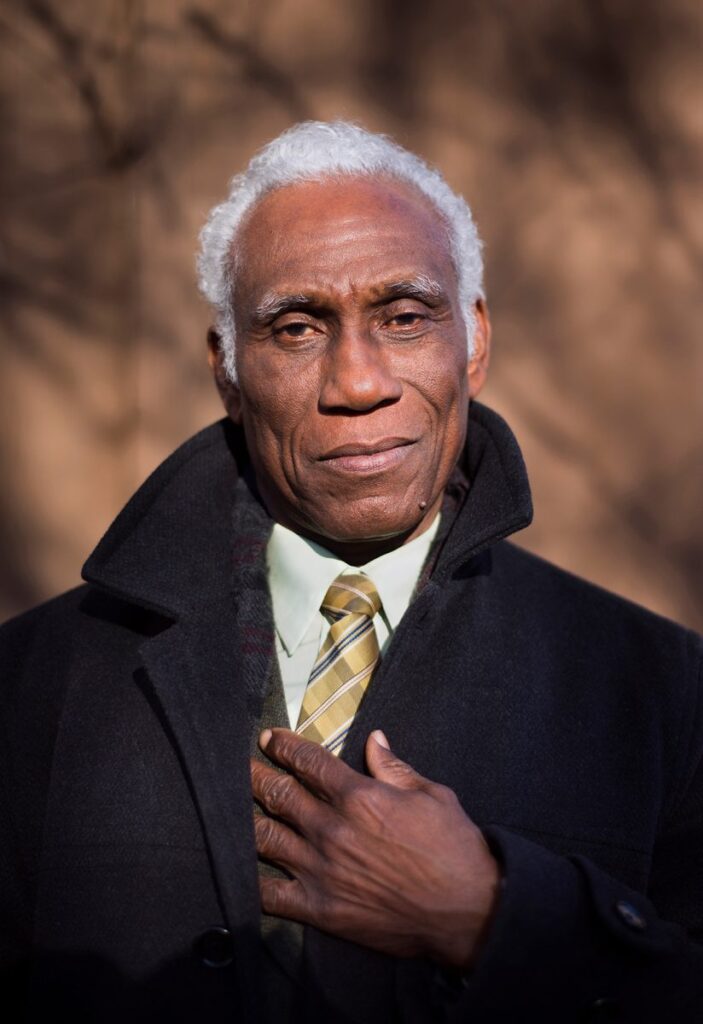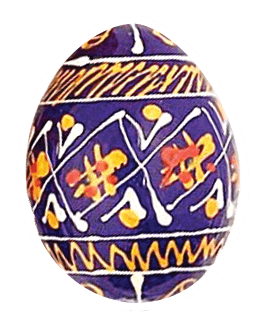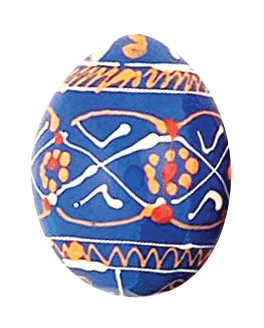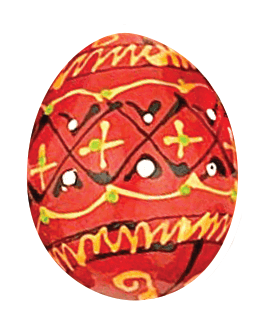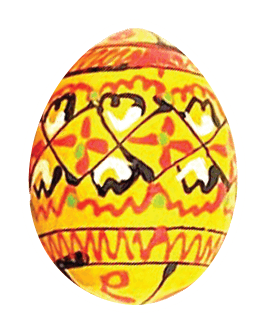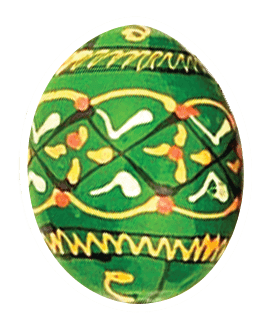In the mid-1990s, while I was a staff photographer at The Providence Journal, I became acquainted with a Haitian church community in Providence. When the members first began emigrating from Haiti, in the 1980s, they had gathered in one of their apartments to worship. As more people arrived and joined them, they purchased an old metal shop off Cranston Street, in the West End, and fashioned it into a church. I met them while they were there, and spent months with them – photographing, interviewing, using the church as a locus through which to think about how an immigrant community forms in a city like Providence. I grew attached to one family in particular. Like so many within their network, the father was a school-bus driver; his wife was a nurse’s assistant. Their children, who were born in Providence, were young.
My project was published, many years passed, and we lost touch. Then, last summer, as I was trying to make portraits, I noticed a yellow school bus squeezing down the narrow street I was standing on. I looked up at the driver, and there was the man I’d known, almost 20 years before, his hair now white. I jumped up and down and he noticed me. He opened the window, we exchanged phone numbers, and I called him. His name is Wannton.
Weeks later I met him at his brother’s barbershop, in Elmwood. Wannton told me that since we had last met, the Haitian church’s membership had almost tripled, and the congregation had built a new church. He invited me to visit, and one Sunday a few weeks ago I went there. A young woman who had been an infant when I’d photographed the community was assigned as my translator, turning the Haitian Creole service into English for me. My photographs from the ′90s had been framed and were hung in a corridor. The welcome I received was overwhelming.
After the service, Wannton and his wife, Marie, sat down with me to talk. They told me about their children, who were are now all grown – with college degrees, professional lives, and families of their own.
Wannton still works as a school-bus driver. He said that after 34 years, he’s grateful for the income he’s earned in this country, but he’s never gotten used to the American lifestyle: working-working-working – only to pay bills and work some more. “You feel better when you are in your own country. It’s very different. Whatever you have – maybe 40 years, 50 years in the United States – you still think about your country.”
“You always have a hole in your heart,” said Marie.
I asked if we could meet back at their apartment; I wanted to make a portrait of Wannton. When I got there I noticed boxes on the dining-room floor. Wannton told me that he was building a house in Haiti, in the village where he’d grown up, and had already begun collecting things to furnish it with. He and Marie will work a couple more years in Providence and then return to Haiti to live out the rest of their lives. Their children are established in America. Their jobs are almost done.
